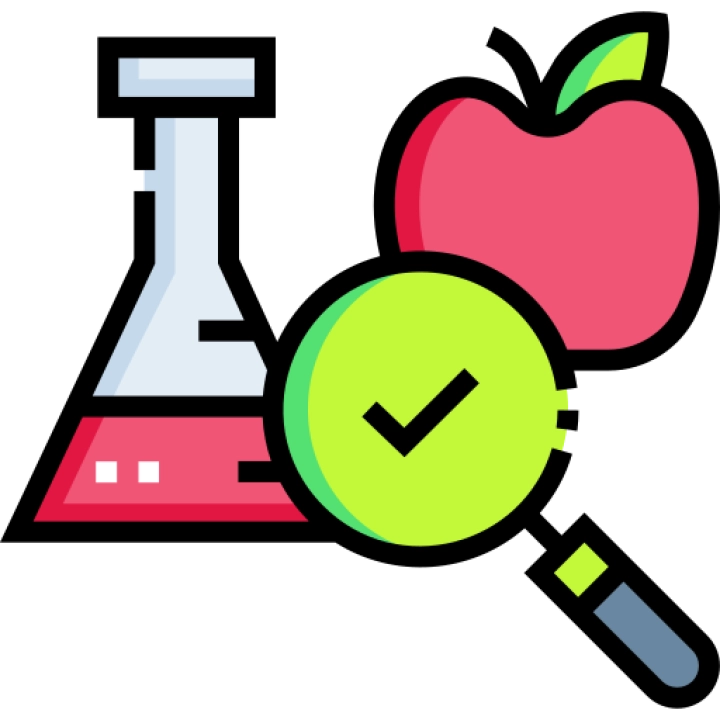College: Vocational School
This major focuses on ensuring the safety, consistency, and compliance of food products through quality control and analysis. Students will learn about food safety standards, analytical techniques, quality assurance systems, and regulatory compliance. The program combines scientific knowledge, technical skills, and industry best practices to prepare students for careers in food manufacturing, regulatory bodies, research, and related fields.
Learning Objectives:
- Understand the principles of food quality control and analysis.
- Develop skills in food testing, inspection, and analysis methods.
- Learn how to implement and manage quality assurance systems.
- Explore food safety standards and regulatory requirements.
- Understand data analysis and reporting in quality control.
- Analyze challenges in maintaining food quality and safety.
- Develop problem-solving skills related to quality.
Main Curriculum:
- Introduction to Food Quality Control - An overview of food quality control and its role in the food supply chain.
- Food Safety Standards and Systems - Study of global and local standards (e.g., HACCP, ISO 22000, FDA, EU regulations).
- Food Analysis Techniques - Methods for chemical, physical, and microbiological analysis (e.g., HPLC, GC-MS, spectrophotometry).
- Quality Assurance Systems - Implementation of quality management systems (e.g., GMP, GLP, TQM).
- Food Microbiology and Pathogen Control - Microbial testing techniques and pathogen detection.
- Sensory Evaluation and Consumer Testing - Sensory analysis methods to assess quality.
- Food Packaging and Shelf Life Analysis - Impact of packaging on food quality and shelf life determination.
- Data Analysis and Reporting - Statistical analysis and quality control documentation.
- Emerging Trends in Food Quality Control - Innovations such as rapid testing, blockchain tracking, and AI in quality assurance.
- Case Studies and Industry Applications - Real-world problem-solving in food quality control.
Assessment Methods:
- Laboratory experiments and reports.
- Written assignments on food safety and quality assurance.
- Case study analysis and presentations.
- Group projects and industry simulations.
Recommended Textbooks:
- "Food Quality and Safety: Applied Research and Case Studies" by Patricia L. Dawson.
- "Principles of Food Sanitation" by Norman G. Marriott.
- "Food Analysis" by S. Suzanne Nielsen.
- "Quality Assurance in the Food Industry" by Leo M.L. Nollet.
Prerequisites:
A basic knowledge of chemistry, microbiology, and food science is recommended. Suitable for students in food science, nutrition, biotechnology, and related fields.
Duration:
Typically 3-4 years, including lectures, lab work, and internships.
Certification:
Graduates may earn a degree in food quality control and analysis or a related field.
Target Audience:
Undergraduate and graduate students in food science, nutrition, biotechnology, and professionals seeking expertise in food quality control. This major equips students with the skills necessary to ensure food safety, quality, and compliance, preparing them for influential roles in the global food industry.


